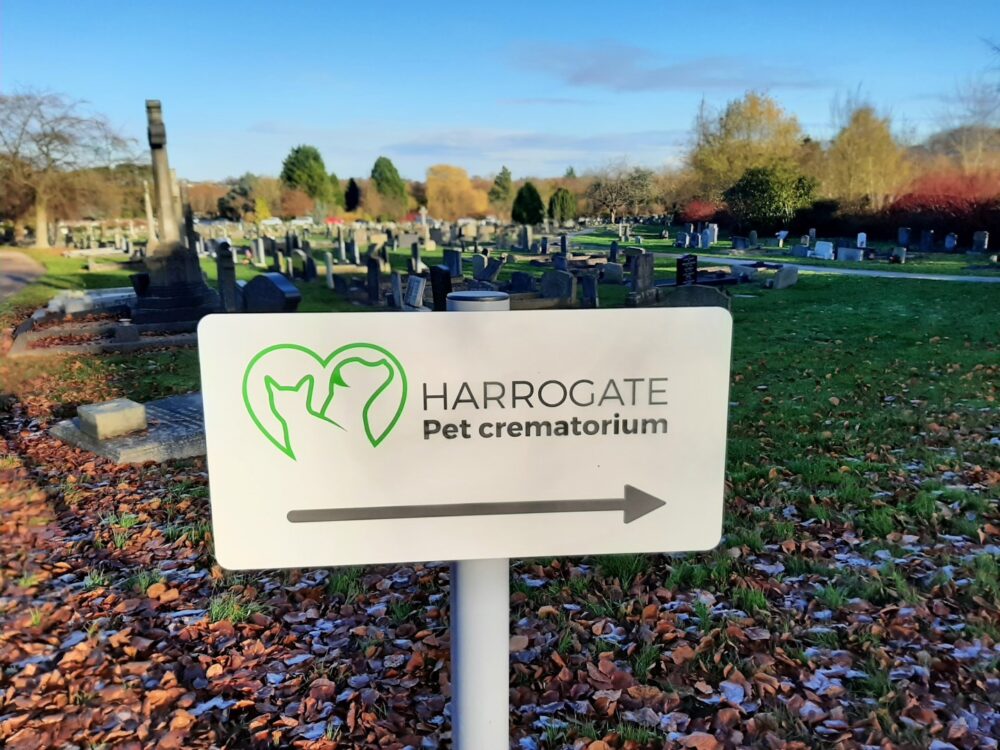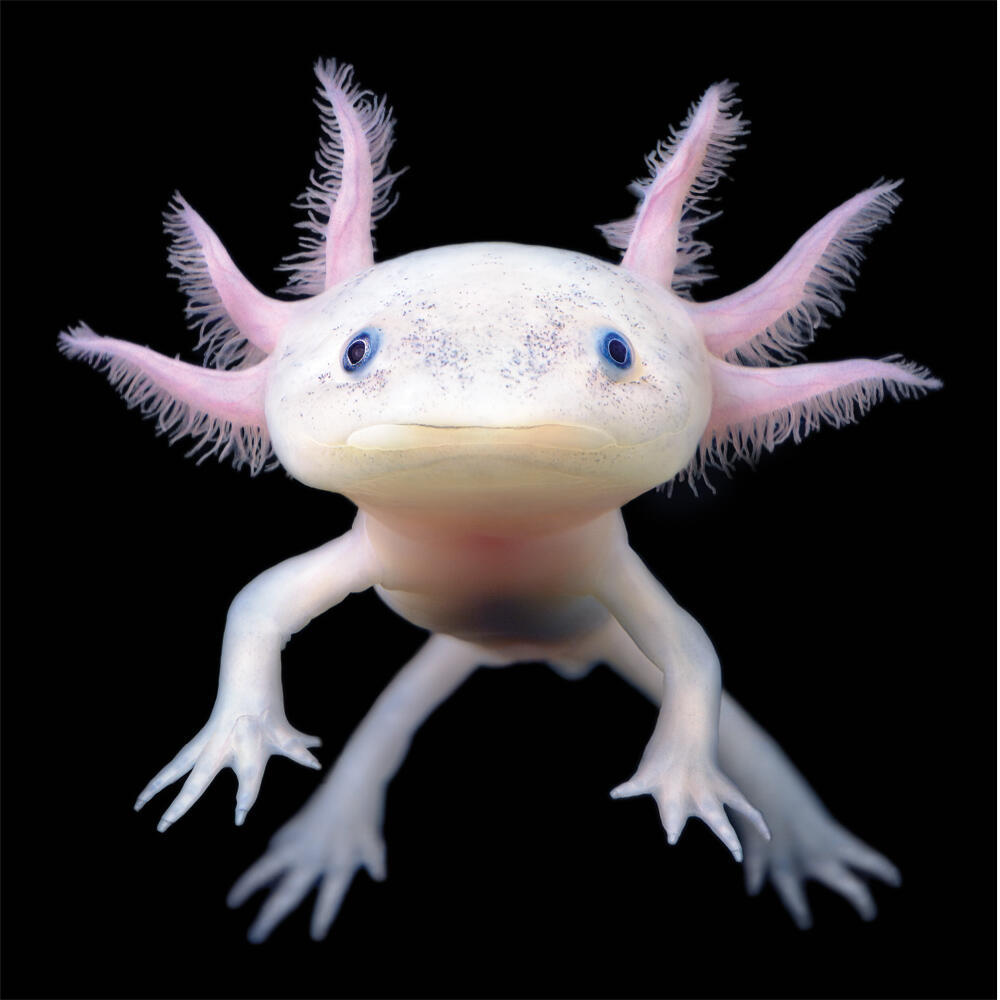With its “smiling” face, pointy gills and the ability to regenerate lost limbs — the axolotl is undoubtedly the most unusual animal to pass through North Yorkshire Council’s new pet crematorium.
It opened at Stonefall Cemetery on Wetherby Road in February with a promise of providing a dignified cremation for the region’s beloved pets.
The Local Democracy Reporting Service asked the council through an FOI request for a list of all the animals that have been cremated there so far.
It’s been a modest start for the service, with 10 dogs, eight cats, two rabbits, one rat, one guinea pig, one hamster and one axolotl being cremated over the last five months.
Depending on the animal, the council charges a fee of between £76 and £125 per cremation.
Owners can then collect their pets’ ashes along with a memorial certificate.

What is an axolotl?
Axolotls are a species of salamander found in cool waters in Mexico but they’ve become more popular as a pet in the UK thanks to fame on the videogame Minecraft and on TikTok.
But the recent trend has led the RSCPA to raise concerns about some owners not being able to look after them properly.
Axolotls require a large aquarium, live for up to 15 years and can grow as long as 120cm.
They are carnivores and their diet consists of live invertebrates such as earthworms, blood worm, black worm and shrimp.
Critically endangered in the wild, axolotls can also regrow lost limbs, making them popular with scientists who want to understand regeneration.
Do they make good pets?
Jordan Mangham, owner of pet shop Peculiar Pets in Heckmondwike, told the LDRS why the creatures are becoming more popular as a pet in Yorkshire.
He said: “Axolotls have become popular due to their simple care routine, long life expectancy and constantly ‘smiling’ faces.
“Luckily the responsible selling of axolotls led to them becoming popular and not a disposable pet. There’s a huge amount of information available on Google, YouTube and through specialist pet shops like myself.
“They cannot be handled and are essentially treated like a pet fish, but they learn quickly who feeds them and most will greet their owners and accept food from tongs or fingers quite happily and become quite interactive little pets.”
[tptn_list limit=3 daily=1 hour_range=1]
